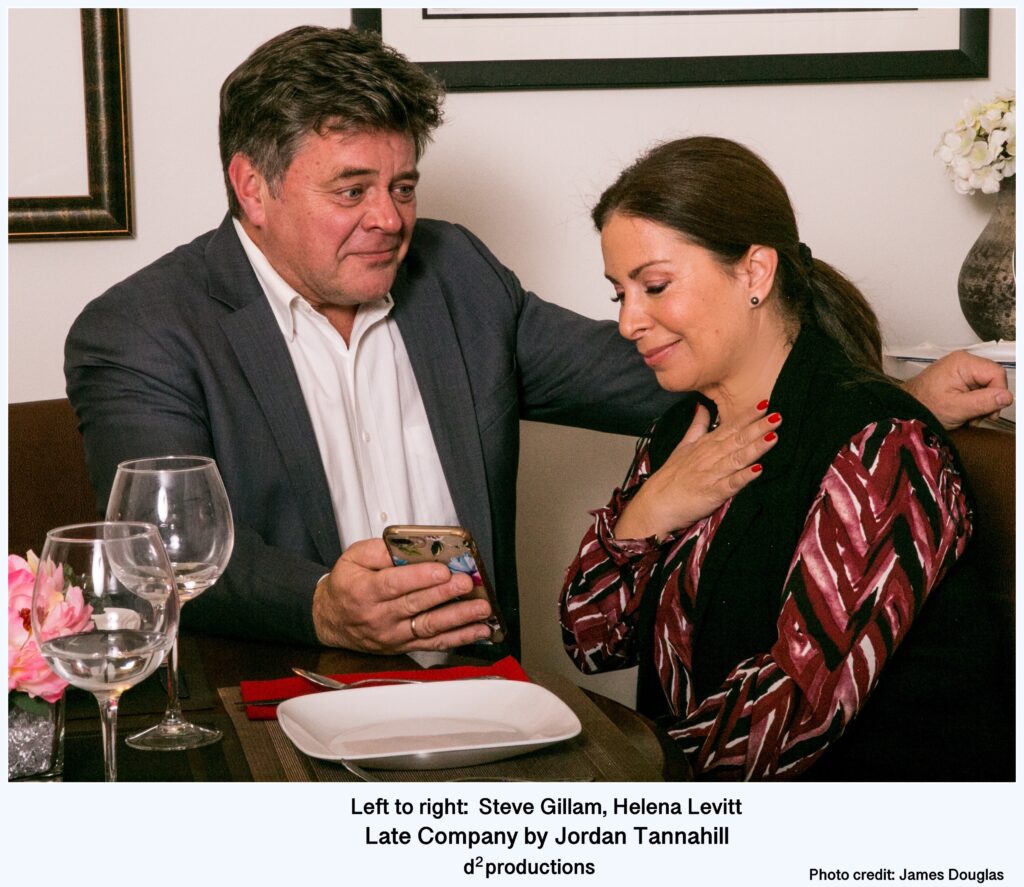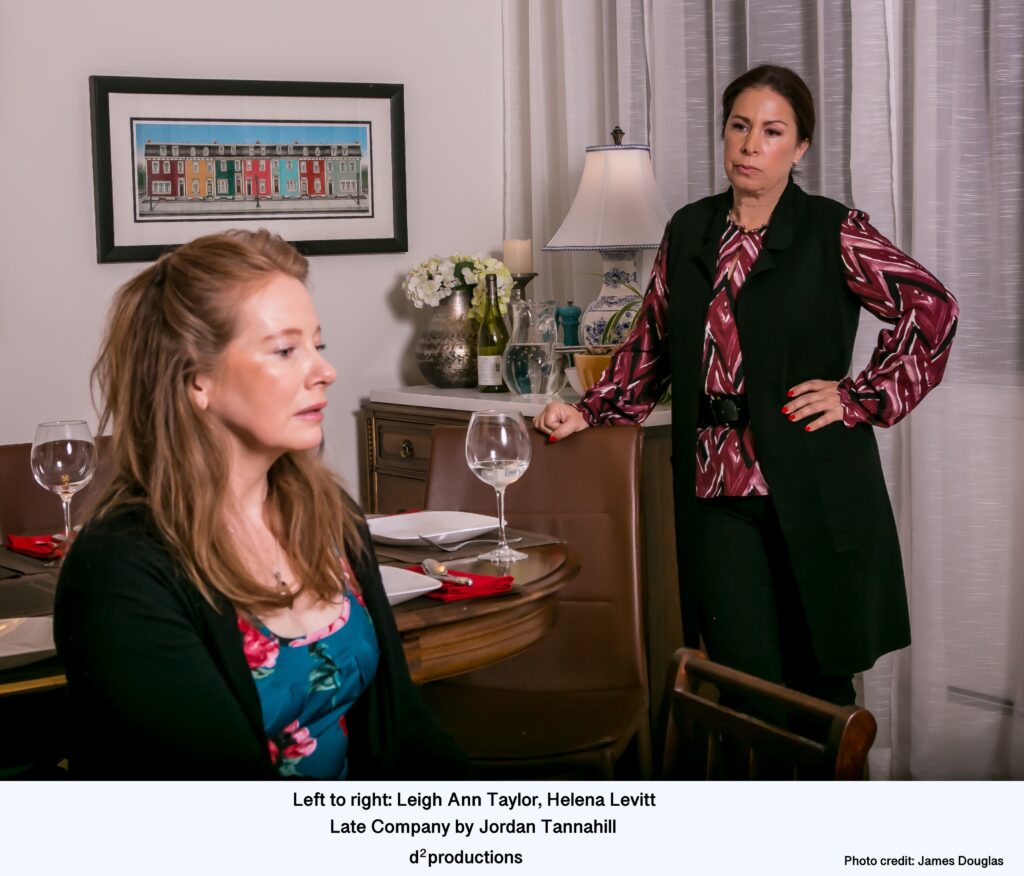An Interview with Steve Gillam on Jordan Tannahill’s ‘Late Company’
Late Company is a new production written by acclaimed Canadian playwright and activist Jordan Tannahill that will be opening at the Segal Centre for the Performing Arts. Montreal Rampage caught up with a member of the cast, Steve Gillam, to speak about the upcoming production, which explores the extremely important and topical issues of homophobia, bullying and teen suicide.

Karan: In a world dominated by social media, bullying, homophobia and just many forms of hate, intolerance has taken a very different dimension. How does this piece contribute to the discussion around these issues?
Steve: Bullying isn’t new. Ignorance, hatred and fear aren’t new. In this age of social media, expressing these things is undoubtedly easier than ever before. Like the bombs dropped by airplanes in WWII, attacking our targets is easier because we don’t have to confront them personally. We can spew hatred without having to consider the consequences. Our targets are dehumanized. So, more than ever before, we need voices that challenge our intolerance. Human stories need to be told. And this play tells the story beautifully. It is the story of human beings – lives destroyed by thoughtless actions, inhumane attacks, apathy, ignorance, and the fear of communication or confrontation.
KS: How do we start discussions in our social circles around sensitive subjects like teen suicides? How does Late Company contribute to this discussion?
SG: We are so grateful for this chance to open the door to dialogue through this play. It has been a challenging experience to jump fully into this story and these characters. Thankfully, four of us worked with Dale Hayes, the Director of d2 Productions [an independent Montreal based production company], and the d2 team earlier this spring on another emotional play called “Within the Glass.” So there was already a deep level of trust that gave us a safe starting place, enabling us to dig deep into the reality of these characters.
KS: Is there something that is unique about the casting that makes it special? How does the intergenerational choice of casting respond to the material that is being presented?
SG: One of the strengths of this play is that it demands accountability without becoming judgmental. The actions, the fears, the apathy, the ignorance of all 6 characters (including Joel, the boy who committed suicide) are explored with a profound and real honesty. Everyone’s experience is shared. Everyone’s voice is heard. Everyone is called to accountability. And most importantly, as a piece of art, the play welcomes the audience into the experience of finding their place in the story — and then to tell their story.
This play offers the message that should be obvious but often forgotten: you are not alone. Here’s a story — do you hear your own voice in this story? Are you bullied? Do you struggle to find your way, your identity? How do you begin to understand those who are different from you? How can you talk to your kids? Your parents? Your partners? Start talking. Silence encourages silence. That leads to isolation, and it’s hard to continue if you think you’re alone.

KS: Can you speak to your personal engagement with the piece and what inspired you to collaborate on this?
SG: I came out as a young man in the early 1980s. This was “pre-Ellen”, and there was no widespread cultural awareness or support. But it was relatively easy for me, thanks to a supportive community. Now, I get to play Michael, a man who is a Conservative politician, and a father who loves his gay son, but is afraid to engage. He knows deep down that he is a stranger to his son, and vice versa. There are times I want to yell at Michael. And there are times I want to hold him. It has been eye opening for me. Healing comes when I not only tell my story, but when I listen to the stories of others.
KS: Theatre has been traditionally a less dominant forum, say in comparison to cinema. How does a piece like Late Company fit the theatre vehicle more than music or film?
SG: Live theatre is such an exciting way to explore this topic. It’s personal. Intimate. You are not alone watching a screen or listening to music. You are in a room with other people, watching real people tell this very real story. Not alone. In community.
The company produced a successful run of this play in 2017. Given that teen suicide is on the rise and bullying has become an epidemic, we knew that the conversation needed to continue, and that as many people as possible need to be invited into this dialogue.
Late Company will be on from December 10th to 15th. Tickets can be found HERE.






